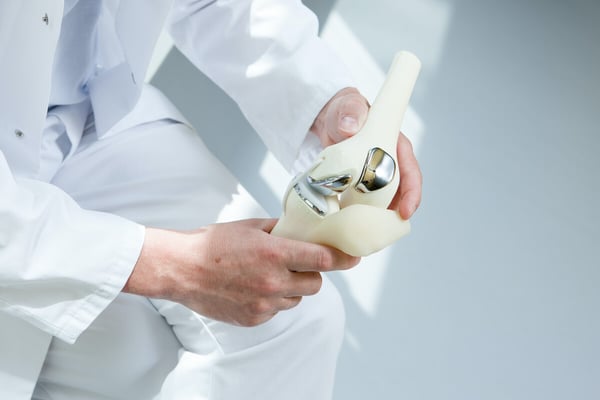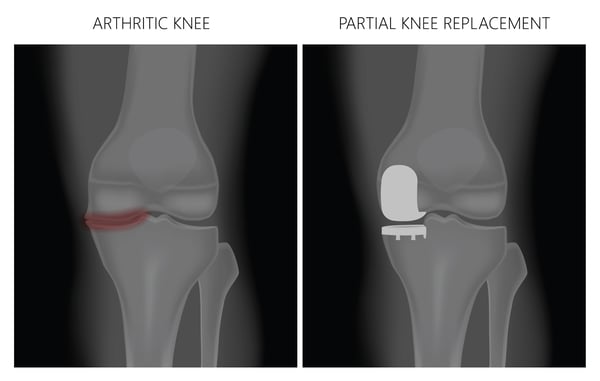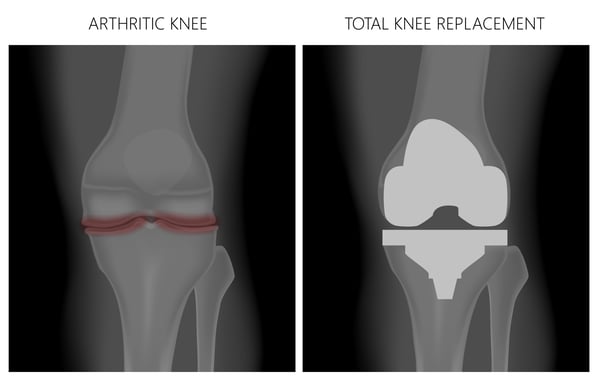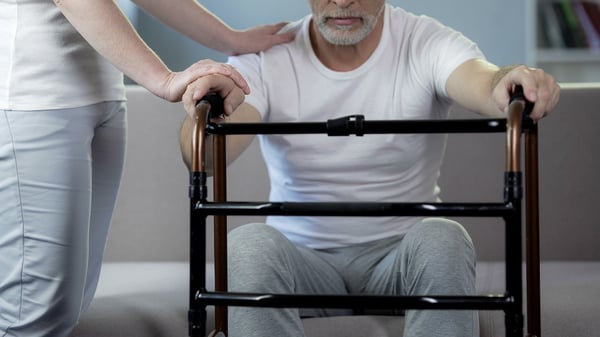Partial VS Full Knee Replacement Surgery: Which is right for me?

Patients can experience significant improvements in their function after their knee replacement surgery. They will be able to walk on flat grounds and negotiate stairs once their initial pain is managed and the muscle strength has returned. The duration of their recovery may differ depending on the type of procedure.
Depending on the condition of your knee, your orthopaedic surgeon will decide between unicompartmental (partial) and total knee replacement surgery. In this article, we will explore the differences between these two procedures and similarities.
Who is a suitable candidate for a partial or full knee replacement surgery, and which is better?
Partial knee replacements are suitable for patients whose arthritis is limited to just one area of the knee. The skin incision is smaller and thus pain after surgery is significantly lesser than with a total knee replacement. 
As such, patients experience a shorter hospital stay and recovery time. Your surgeon will assess your suitability for a partial knee replacement through a clinical examination and an MRI scan of your knee.
The downside of a partial knee replacement is that other parts of the knee may experience arthritis in the future. If this happens and causes significant pain, it can be managed well with medication or have the partial knee replacement converted to a full knee replacement. This will be a second operation to remove the previous implants and insert a full knee replacement implant. 
For patients who are 60 years old and above who experience generalized arthritis throughout their knee, a full total knee replacement is recommended for their symptoms. Through this procedure, all parts of the worn-out knee are replaced, including the knee cap. Any ‘knock-knee’ or ‘bow-legged’ deformities can also be straightened with a total knee replacement.
What is the downtime like after knee replacement surgery?
Most patients can walk with the help of a walking frame and physiotherapy after surgery. This will differ from patient to patient, and dependent on pain control and symptoms such as nausea and dizziness. We encourage our patients to walk as soon as they can to prevent their muscles from weakening.

We also place the operated knee in a physiotherapy machine to gently straighten and bend the knee in a controlled manner. This helps to stretch out the different muscles around the knee such as the thigh, calf, and hamstring muscles.
Normally, it would take the wound around 2 weeks to fully heal while general swelling may take a month or two to settle. Anti-inflammatory medication and tramadol can help to manage pain, and ice packs to reduce knee swelling.
How to get optimal results after your knee replacement
With optimal rehabilitation and muscle strengthening, we expect our patients to perform their daily activities better than they have pre-surgery, due to better knee movement and reduced pain compared to before they had their surgery.
We have found that patients who undergo a full rehabilitation and physiotherapy program tend to have the most improvement in their physical functions. 
The best way to rehabilitate after surgery is to focus on controlling the pain and swelling, followed by muscle strengthening and stretching.
Your surgeon will prescribe anti-inflammatory and opiate medication after surgery to enable earlier walking and knee stretching exercises for you. Ice packs are used to reduce swelling of the knee and physiotherapists will be on hand to guide you with the necessary exercises to enhance your rehabilitation journey.
At Orion Orthopaedic Sugery, we encourage most of our patients to start walking the day after the surgery to prevent muscles from weakening and stiffness of your knee.
Schedule a consultation with our orthopaedic surgeon Dr Mizan Marican today to assess your knee conditions and understand more about how we can help you achieve a better quality of life.
Is it alright to walk around with a sprained ankle?
This depends on the sprain's severity and what treatment has been rendered for the injury. Your doctor may advise you to only put minimal weight on your ankle while it is still recovering from the injury. Excessive walking may lead to more pain and swelling if the injury is stressed too early on.
How do I know if my ankle sprain is serious?
The nature of the initial accident or injury will provide a good idea about how fast it may recover. A serious injury is characterized by severe pain, swelling, and recurrent sprains despite efforts to support and treat it. If you are experiencing these, the soonest visit to the specialist is highly advised.
Can I claim insurance for my ankle injury?
Ankle sprains and injuries are insurance claimable. We do advise our patients to check with their personal or corporate insurance plans and representatives. We are also able to help them with this if required.
What should I do immediately after an ankle sprain while waiting for my appointment and treatment?
Timely self-care with rest, icing, compression, and elevation are important to manage the initial pain and swelling around the ankle. Anti-inflammatory medication will further reduce the pain and swelling that you may be experiencing.
I have more questions, how can I speak to a doctor?
Please call us at +65 6733 4565 (during office hours), or drop us a text or WhatsApp message at +65 9766 4565. We will reply to your queries as soon as we get them. You may also call to make an appointment to see Dr. Mizan for your ankle injury.